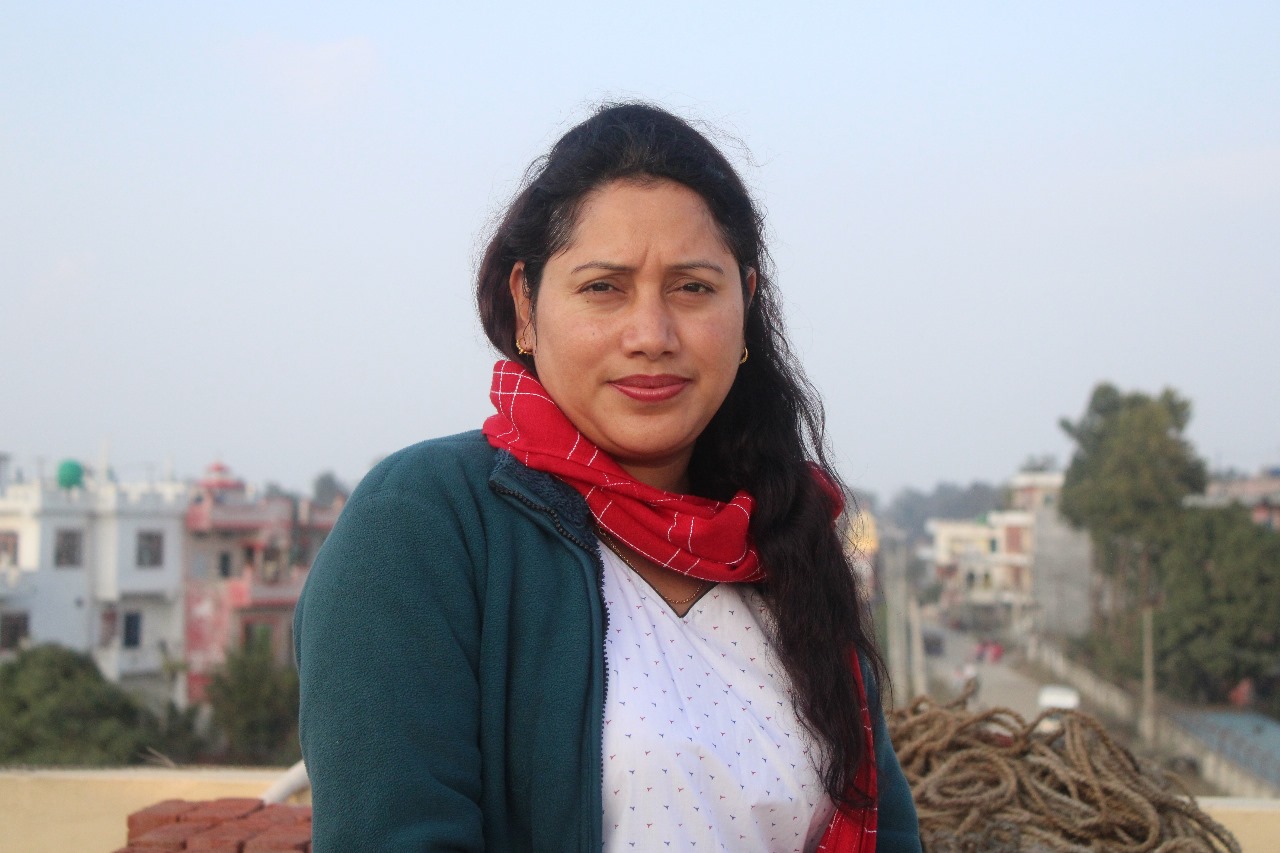
News
Voices Unsilenced
Reclaiming the Inclusion of Persons with Psychosocial Disabilities in Nepal
February 14, 2024
LALITPUR, Nepal – People with disabilities form 2.2% of Nepal’s population. Nepal’s 2021 Census estimates the population of individuals with psychosocial disabilities to be approximately 27,500, or 4.2% of the total disabled population. Experts say that this data is underreported due to various factors, primarily stemming from a lack of awareness about psychosocial disabilities among individuals, their family members, and communities.
Among the organizations supporting persons with psychosocial disabilities in Nepal, KOSHISH is a pioneering non-profit working at the grassroots. Srijana KC, 31, is a psychosocial counselor at KOSHISH. In her role, she amplifies the voices of people with psychosocial disabilities and connects them with the local government, employment providers, insurance agents, and legal aid providers to access their rights.
In this edited interview with her colleague and DJP Fellow, Sanjaya Neupane, Srijana shares how her psychosocial disability shaped her activism and commitment to disability rights.
Question: Can you share the challenges you’ve faced with mental health and any factors that have played a crucial role in your struggles?
Answer: I have experienced mental health challenges since my early childhood due to my seizure disorder. This included difficulties in walking, experiencing frequent seizures, generally twice a day, leading to bruises and sores all over my body. Beyond these physical struggles, the stigma associated with seizures led to instances of inappropriate treatment from both teachers and friends. Derogatory comments and attempts, driven by negative stereotypes, such as the belief that sniffing foul-smelling socks could prevent seizures or forcibly placing a spoon in the mouth to prevent tongue biting, were unfortunately common practices during that time.
My seizures intensified significantly after the death of my father when I was 13 or 14 years old. Initially, traditional health practices were sought [by my family], as was common in many villages and some urban areas during that period.
Eventually, my family sought psychiatric help, and I was prescribed medications, including drugs that made me drowsy.
Question: Can you describe how your access to medication and employment opportunities was affected by your condition?
Answer: My siblings provided treatment and medical support for one month when I was 16 and then discontinued the support. I needed to earn to continue the medication. [I was] struggling with a lack of skills and support. [But] employment [was] the only alternative for supporting continuous medication while continuing my education. After passing [10th grade], I started working as a laborer in the afternoon, attending college in the morning. Finding employment was not difficult during that period but [it was] hard to continue with.
My employers fired me due to their [stereotypical thinking] that [because of my] mental health challenges, I would damage materials, pass out from a seizure, or accidentally spill blood and foam from my mouth, potentially spreading it to others.
That pushed me to become a street vendor. I would sell fruits, vegetables, and sometimes chatpate and pani puri (sweet and sour Indian street food).
Question: Is such discrimination common in Nepali society?
Answer: I have been consistently supporting and facilitating peer support groups across various regions of Nepal since 2017, collaborating with different projects at KOSHISH. [I have found that] many individuals encounter difficulties marked by stereotypes and isolation within their families. Their voices are often excluded, neglected, or given insufficient attention. Unfortunately, those with mental health challenges are sometimes unfairly labeled as lazy, unresponsive, erratic, or even lunatics. These judgments may stem from attitudinal biases and ignorance, stigma, or misconceptions.
Question: Who do you believe holds significant influence or power in driving societal change for mental health? How can various stakeholders contribute?
Answer: Often dismissed as individual problems, mental health issues are societal issues. Advocacy in this realm should not be limited to specific groups. It involves every individual, be it professionals, community-based organizations, government and non-governmental bodies, activists, human rights organizations, civil society, journalists, farmers, laborers, industrialists, and business communities.
Mental health conditions are not confined to any particular strata, affecting individuals across the spectrum of wealth, success, love, devotion, or hate.
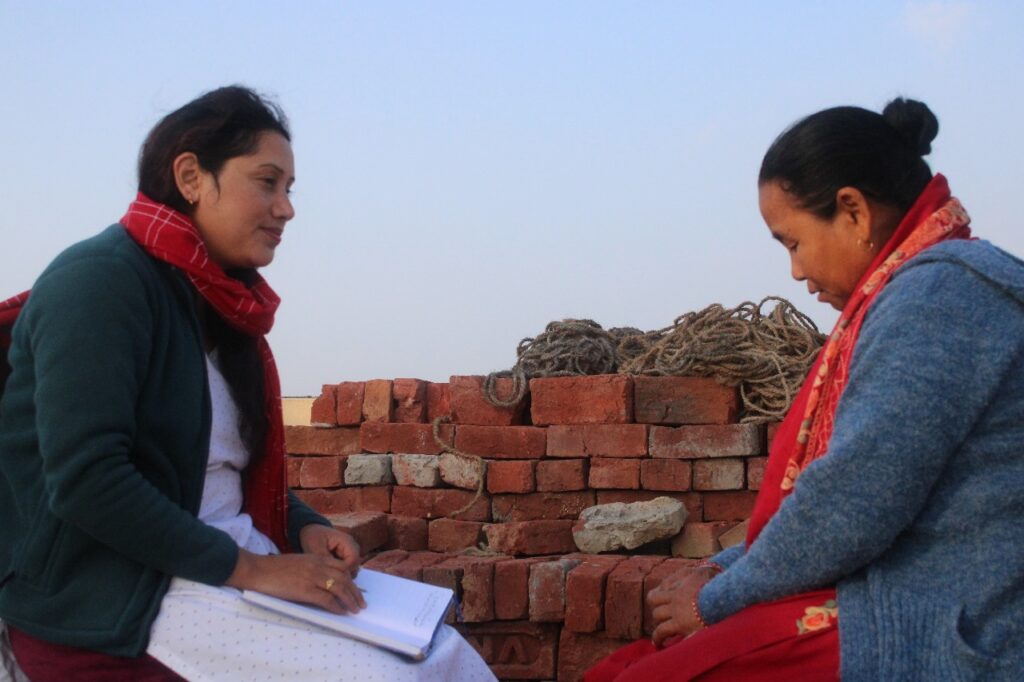
Question: Could you share a pathway for the inclusion of persons with psychosocial disabilities in your community?
Answer: Mental health and psychosocial disabilities are often misunderstood and present multifaceted challenges, hindering full inclusion in the community. This is fundamentally a human rights issue, demanding the establishment of quality services and responsive procedures, both medical and non-medical.
Our focus should extend beyond curative measures; we must invest in community education, reaching both remote and urban areas. It is crucial to instill hope in society, recognizing that individuals with psychosocial disabilities can significantly contribute.
Concrete steps like implementing inclusive policies, providing mental health education in prevention, promotion, and protection, and fostering workplace accommodations can play a pivotal role. Community insights will contribute significantly to the ongoing efforts to dismantle stigma and promote a more inclusive environment for those with psychosocial disabilities.
Sanjaya Raj Neupane is a passionate disability rights advocate dedicated to mentoring individuals with psychosocial disabilities. In his role as the advocacy coordinator at KOSHISH, he plays a crucial part in advancing rights, promoting inclusive livelihoods, and seamlessly integrating mental health into Nepal’s healthcare system.
News From the Global Frontlines of Disability Justice
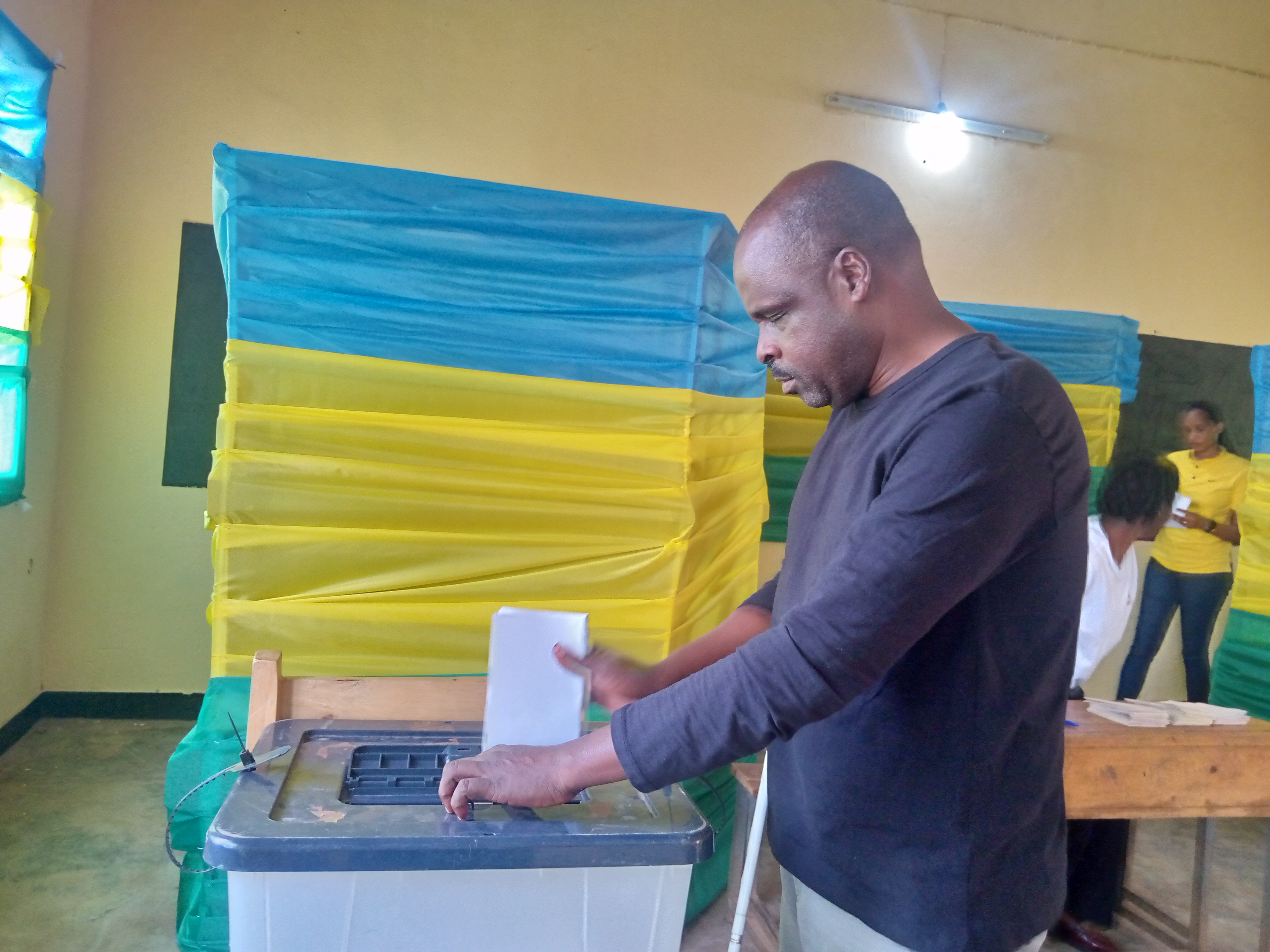
Advancing Democracy
Rwanda has made significant progress in making its elections more accessible, highlighted by the July 15 general elections where notable accommodations were provided. This was a major step forward in disabled Rwandans’ quest for equal rights and participation. “You cannot imagine how happy I am, for I have voted by myself and privately as others do accessibly,” says Jean Marie Vianney Mukeshimana, who used a Braille voting slate for the first time. “Voting is a deeply emotional and meaningful experience for a person with any disability in Rwanda, reflecting a blend of pride, empowerment, and hope.”
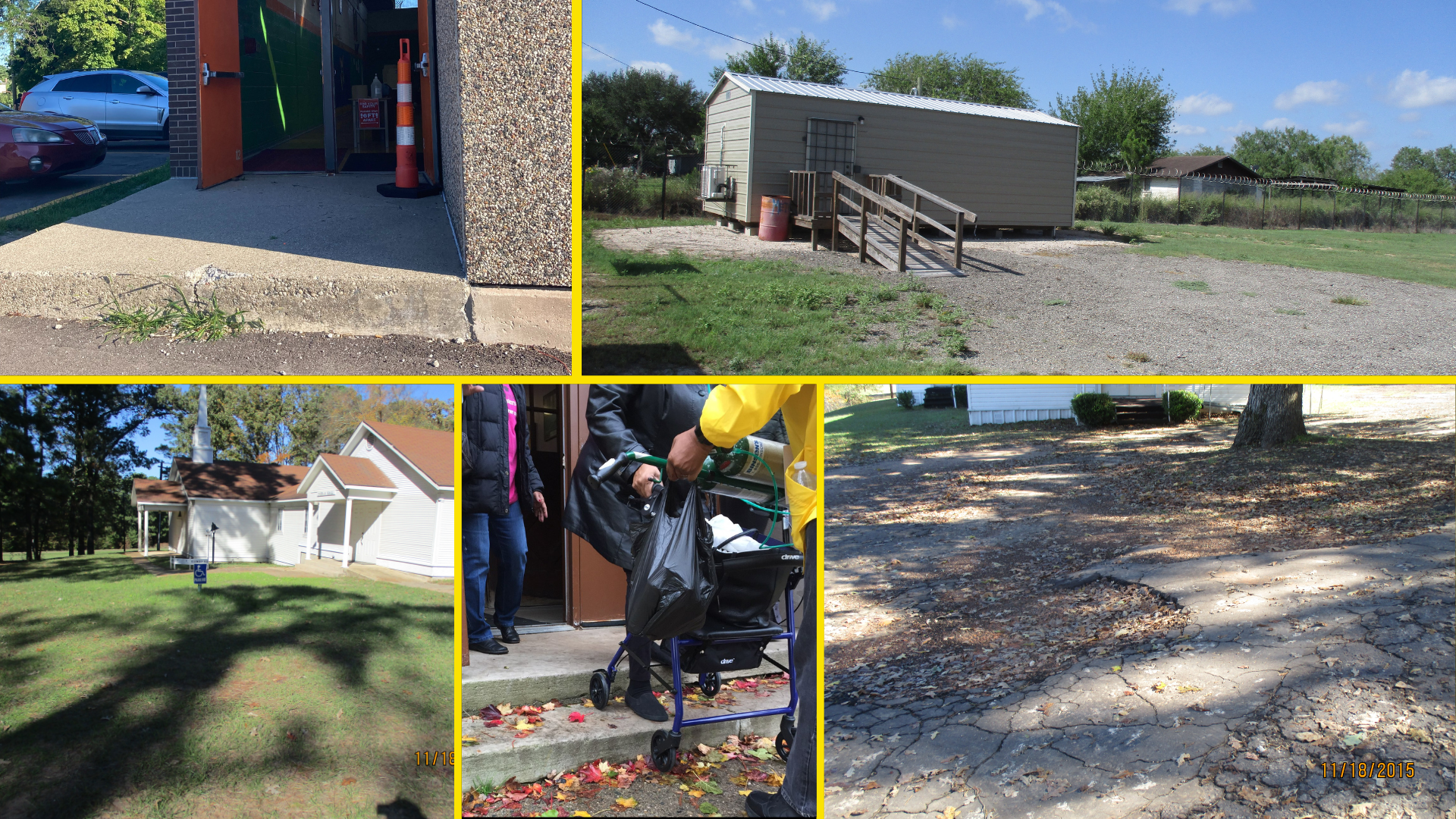
Barriers to the Ballot
Despite legislation like the Americans with Disabilities Act, barriers at the polls still hinder — and often prevent — people with disabilities from voting. New restrictive laws in some states, such as criminalizing assistance with voting, exacerbate these issues. Advocacy groups continue to fight for improved accessibility and increased voter turnout among disabled individuals, emphasizing the need for multiple voting options to accommodate diverse needs. ““Of course, we want to vote,” says Claire Stanley with the American Council of the Blind, “but if you can’t, you can’t.”
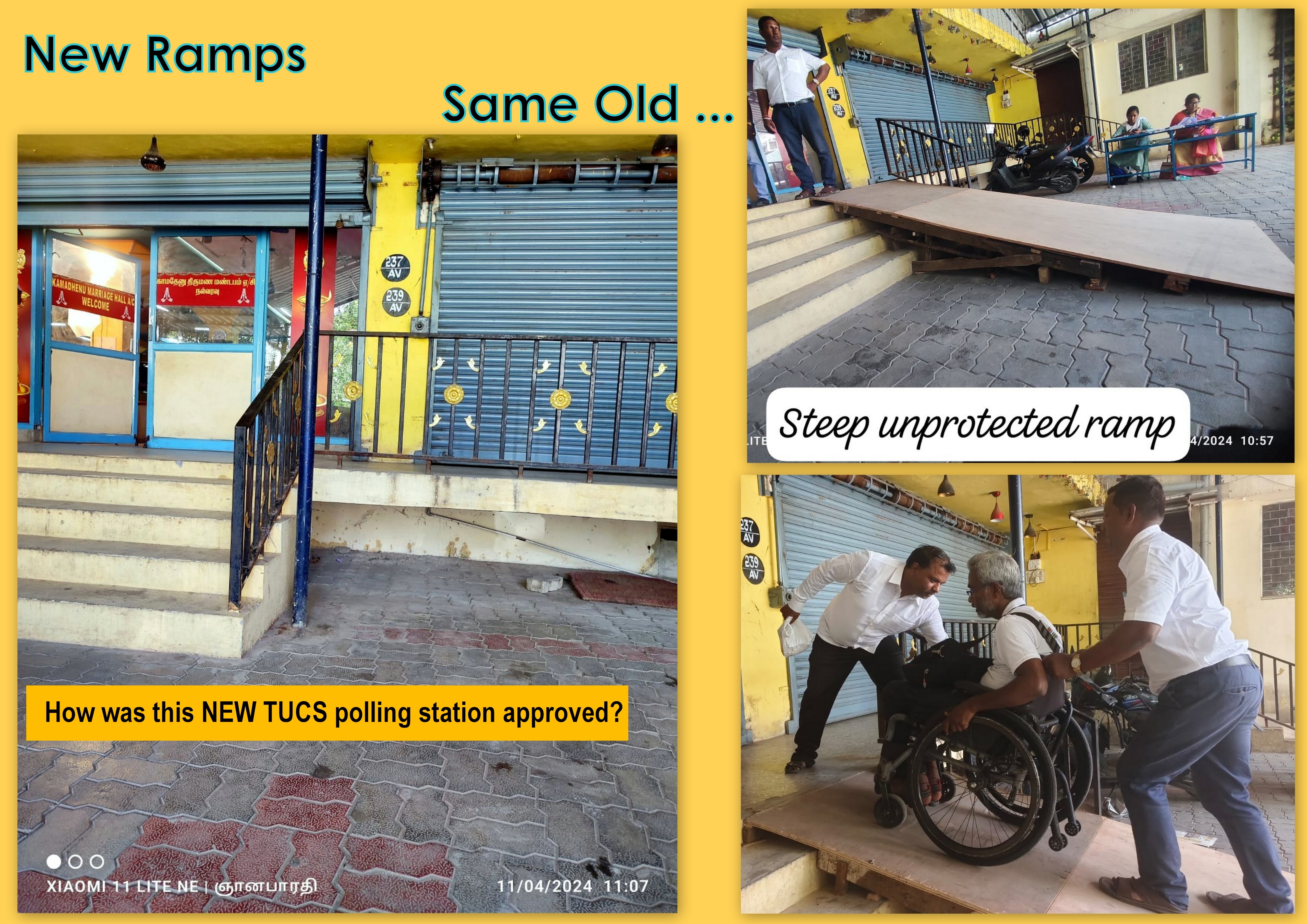
Democracy Denied
In 2024, a record number of voters worldwide will head to the polls, but many disabled individuals still face significant barriers. In India, inaccessible electronic voting machines and polling stations hinder the ability of disabled voters to cast their ballots independently. Despite legal protections and efforts to improve accessibility, systemic issues continue to prevent many from fully participating in the world’s largest democracy. “All across India, the perception of having made a place accessible,” says Vaishnavi Jayakumar of Disability Rights Alliance, “is to put a decent ramp at the entrance and some form of quasi-accessible toilet.”
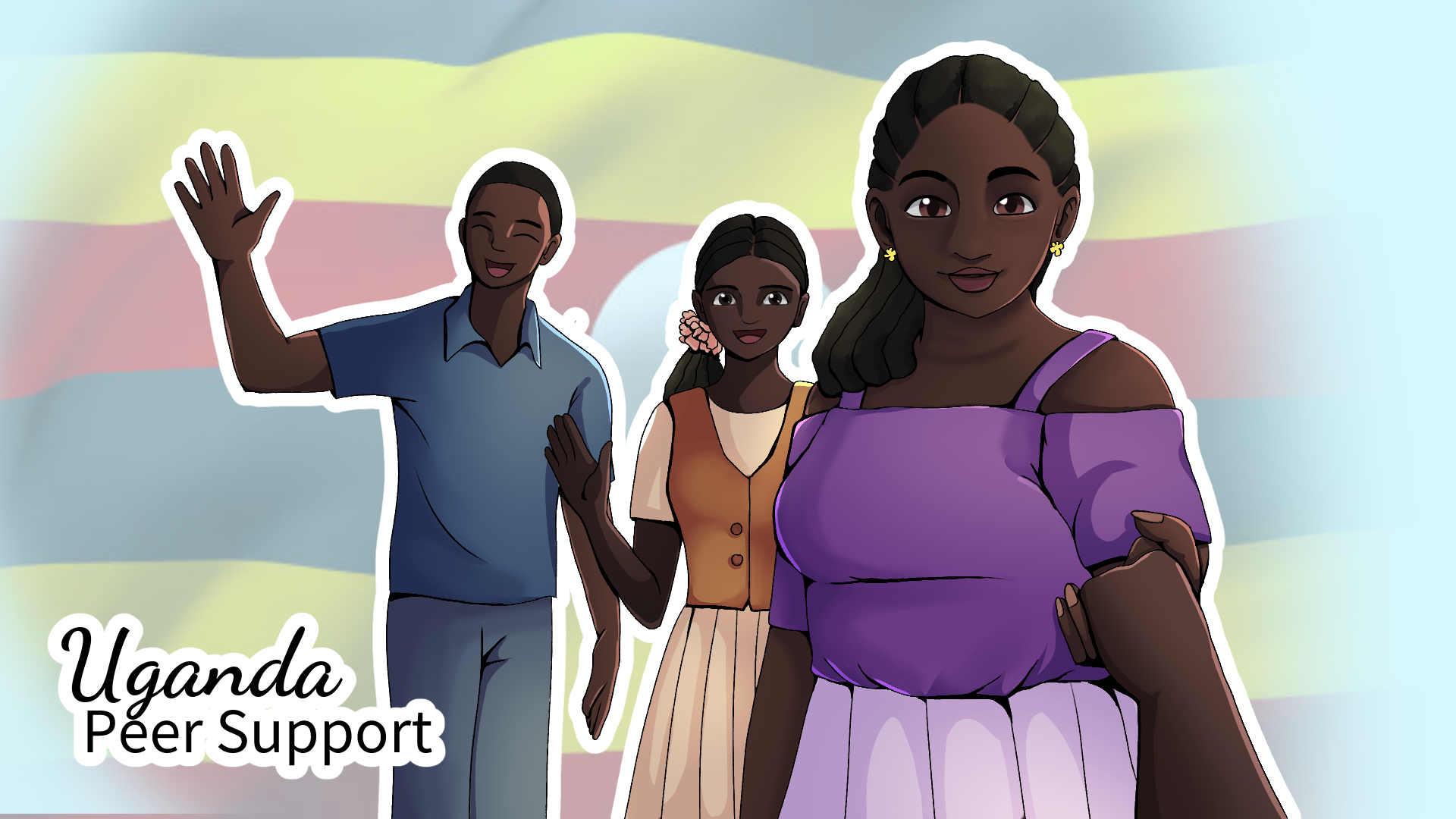
Triumph Over Despair
DJP Fellow Esther Suubi shares her journey of finding purpose in supporting others with psychosocial disabilities. She explores the transformative power of peer support and her evolution to becoming an advocate for mental health. “Whenever I see people back on their feet and thriving, they encourage me to continue supporting others so that I don’t leave anyone behind,” she says. “It is a process that is sometimes challenging, but it also helps me to learn, unlearn, and relearn new ways that I can support someone – and myself.”
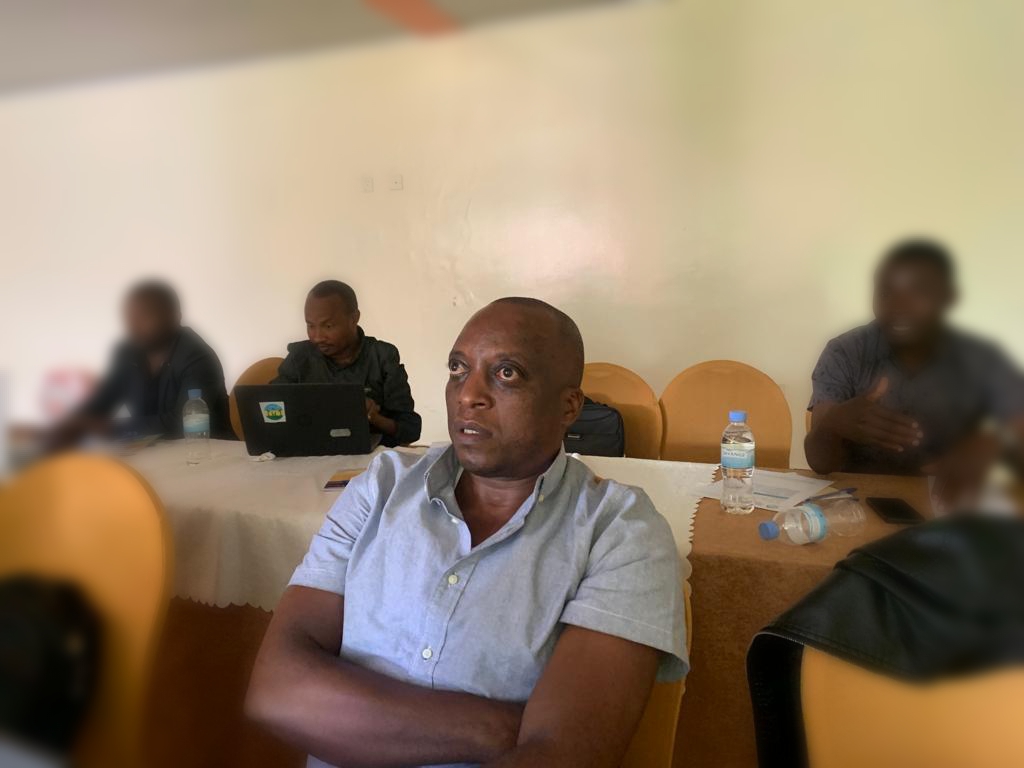
‘Our Vote Matters’
As Rwanda prepares for its presidential elections, voices like Daniel Mushimiyimana’s have a powerful message: every vote counts, including those of citizens with disabilities. Despite legal frameworks like the UN Convention on the Rights of Persons with Disabilities, challenges persist in translating these into practical, accessible voting experiences for over 446,453 Rwandans with disabilities. To cast a vote, blind people need to take a sighted relative to read the ballot. An electoral committee member must be present, violating the blind person’s voting privacy. “We want that to change in these coming elections,” says Mushimiyimana.

Voices Unsilenced
Often dismissed as a personal concern, mental health is a societal issue, according to Srijana KC, who works as a psychosocial counselor for the Nepali organization KOSHISH. KC’s own history includes a seizure disorder, which resulted in mental health challenges. She faced prejudice in both educational settings and the workplace, which pushed her towards becoming a street vendor to afford her medications. Now with KOSHISH, she coordinates peer support gatherings in different parts of Nepal. “It is crucial to instill hope in society, recognizing that individuals with psychosocial disabilities can significantly contribute,” she says.